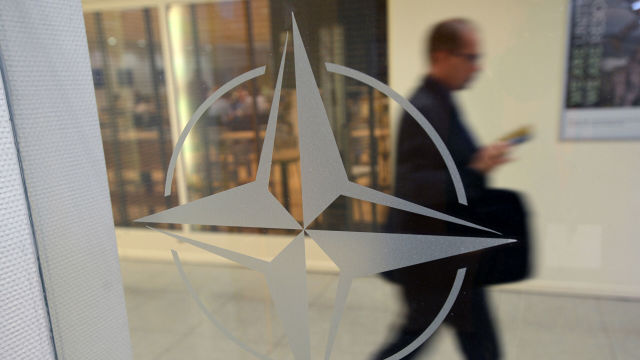London. January 5th. INTERFAX - The EU countries are still unable to agree on a long-term plan for cooperation with NATO, which is becoming a real threat against the background of the current relations of the union with Russia, the Financial Times newspaper reports, citing an unnamed minister of one of the EU countries.
"At the moment, this is not a theoretical task, but a real threat. In the current situation, the delay demonstrates the differences in the union and reduces its ability as a whole to respond to (the actions of) Russia," the source said.
According to an unnamed official, a declaration on EU-NATO cooperation could be signed in March. Another source explained that now that the presidency of the EU Council has passed to France, the main attention will be paid to the French agenda when drafting an agreement.
Meanwhile, the Financial Times reminds that next week Russia will hold talks with the United States and NATO on the situation around Ukraine and the security situation in Europe. At the same time, EU officials told the newspaper that they were not satisfied with the way these negotiations were organized.
On Tuesday, before his visit to Ukraine, the head of EU diplomacy, Josep Borrel, said that the EU "cannot be a neutral observer in negotiations" on the future security of Europe.
The Financial Times, in turn, notes that, according to observers, the EU's foreign policy lacks influence, and there are disagreements in the union about what actions to take against Russia.
On December 17, the Russian Foreign Ministry published a Russian draft agreement on measures to ensure the security of the Russian Federation and NATO member states. It consists of nine articles, assumes the refusal of NATO from expansion, including the accession of Ukraine, conducting military activities on the territory of Eastern Europe, Transcaucasia and Central Asia, as well as from the deployment of medium- and shorter-range missiles in locations from where they can hit the territory of other participants.

